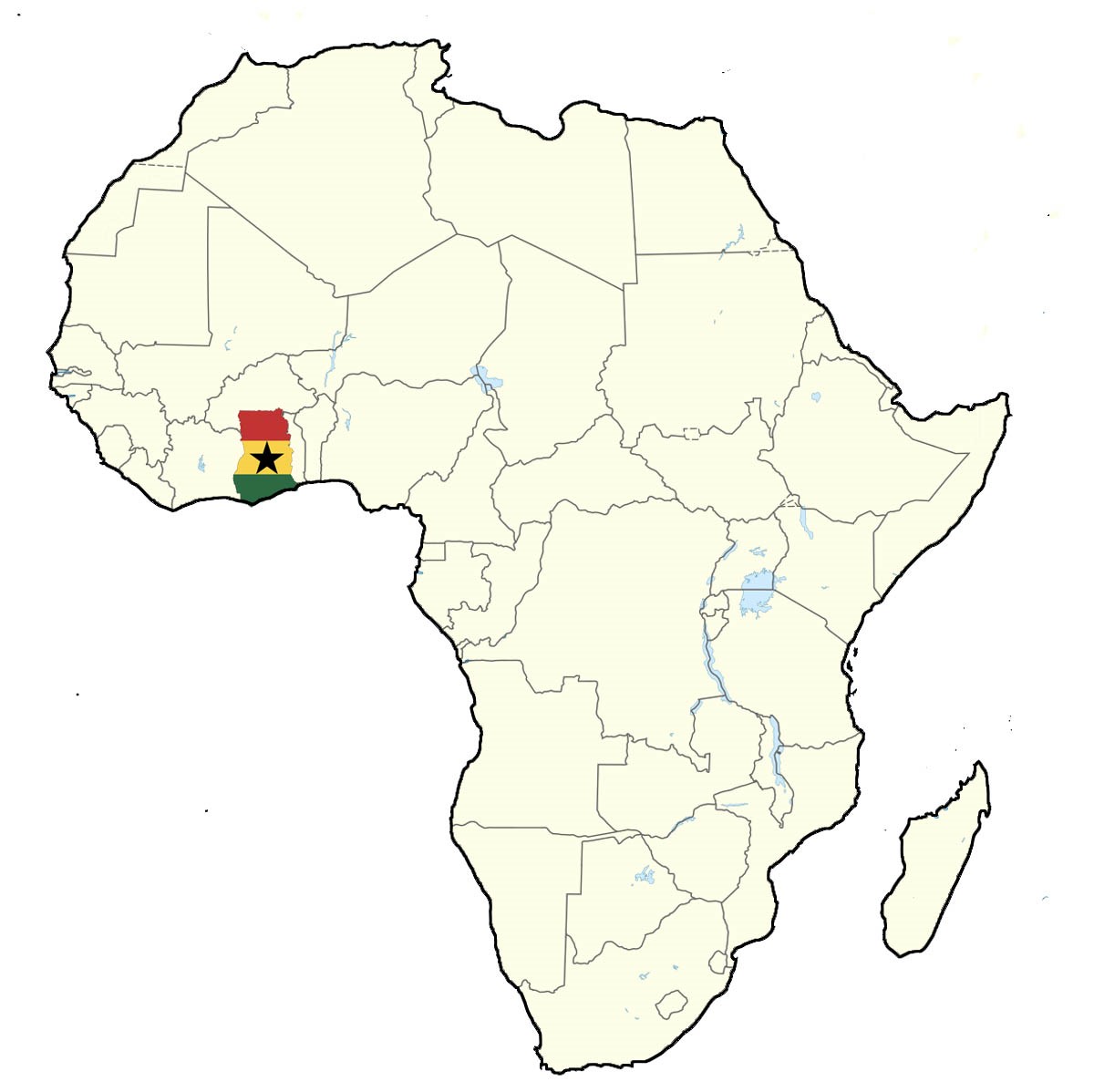FISHues Around the World
FISHues Around the World

As part of our efforts to bring together scientists from around the world who use zebrafish as a model system, we are launching “FISHues Around the World” where we reach out to scientists in countries whose voices are generally not represented in the international research community. We will start with a colleague in Ghana, Prof. Patrick Amoateng, and his experience incorporating zebrafish into his research program and establishing a fish facility at the University of Ghana School of Pharmacy.
How did you decide to work with zebrafish?
My research is focused on drug discovery from medicinal plants. This usually begins with an extract from a plant part. The drug discovery model for epilepsy that I use involves rodent models. Using an extract in these models is often easy since I usually have a lot of test material to start with. After the preliminary studies, I isolate the compounds/biomolecules responsible for the anticonvulsant effect. These are usually in minute amounts and thus it becomes difficult to test such amounts in rodent seizure models. I began searching for alternate species that will require less amount of test substance and can also allow high-throughput assay. Through a workshop, I was exposed to the possibilities of using zebrafish in 2016.
Was it difficult setting up your zebrafish facility?
Yes, we started with a locally manufactured fish tanks but also received donations of equipment from the Max Perutz Labs Vienna, in the Vienna BioCenter. The equipment included aluminum racks with glass aquaria for fish (pumps and filters included), UV lamps, large water containers to store water for supplying the facility, a system for Artemia, and a system to grow juvenile fish.
Since 2018, Dr. Vincent Cunliffe, Dr. Sarah Baxendale, and Dr. Claire Allen at the University of Sheffield, Sheffield, UK, have collaborated with my lab in Ghana for training in the use of zebrafish for epilepsy research. In 2019, I was awarded a grant with Dr. Vincent T. Cunliffe, at the University of Sheffield to do preliminary work involving the screening of extracts/fractions/compounds from medicinal plants for their anticonvulsant properties using the zebrafish embryos. In this study, I travelled with my MPhil student, Elizabeth Dogbe, to the University of Sheffield. Later that year, we won an ERASMUS+ mobility fund to support the travel to the University of Sheffield for training on zebrafish husbandry. From this grant, I traveled with two technicians from my lab, Mr. Richard Gladstone Sintao and Miss Sandra Mensah for a two-week training in February 2023. During the same year, in July 2023, Dr. Claire Allen, the BMS Manager at the University of Sheffield came to Ghana to help us begin setting up the fish facility. She gave lectures and seminars on zebrafish husbandry and also assisted in setting up equipment.
Is it difficult to get zebrafish in Ghana?
Currently there is a fish pet shop where we obtain adult wild-type zebrafish (AB Strain).
Please describe the University where your lab is based.
The University of Ghana is the premier university in Ghana. Located in Legon, a suburb of Accra, the capital city of Ghana it offers a wide range of academic programs, including undergraduate, postgraduate (Master/PhD) programs in humanities, social sciences, natural sciences, engineering, business, health sciences, and more. I am in the School of Pharmacy and the Department of Pharmacology & Toxicology, which offers an MPhil (Master of Philosophy) program in Pharmacology (jointly hosted by the Department of Medical Pharmacology and the Medical School) where I supervise four MPhil students. The research component is a significant part of the program and is typically conducted in the second year of the program.
How is scientific research funded in Ghana?
The government of Ghana plays a significant role in funding scientific research through different ministries such as the Ministry of Environment, Science, Technology, and Innovation (MESTI) and the National Commission for Science and Technology (NCST) who are key government bodies responsible for allocating funds to research projects. The African Academy of Sciences, the African Development Bank, the World Bank, NIH (USA), Wellcome Trust (UK) and the United Nations are sources of funding. Additionally, businesses and corporations of the private sector play a role in funding scientific research. Self-funded research is also a common mechanism for financing research for scientists who are unable to access internal or external (outside of Ghana) funding.
For people not familiar with Africa and Ghana, please give a short description of your country and tell us why we should all visit Ghana!
Ghana is located on the Gulf of Guinea on the West Coast of Africa where it is bordered by Cote d'Ivoire (Ivory Coast) to the west, Burkina Faso to the north, and Togo to the east. While English is the official language and is used in government, education, and media, there are over 70 indigenous languages and dialects spoken throughout the country. Some of the major ethnic groups in Ghana include the Akan, Mole-Dagbon, Ewe, and Ga-Dangme, each of which has its own language.
Ghana is a destination that offers a blend of history (for example slavery and the abolitionist movement as well as the fight for African independence and unity), culture (music, dance, and art of the Akan, Mole-Dagbon, Ewe, and many other communities), nature (national parks like Mole National Park and Kakum National Park), and hospitality (Ghanaians are known for their warmth and friendliness), making it a place that can leave a lasting and positive impression on visitors from around the world.
Interview Conducted by Kate Whitlock
Valparaíso, Chile
2023




